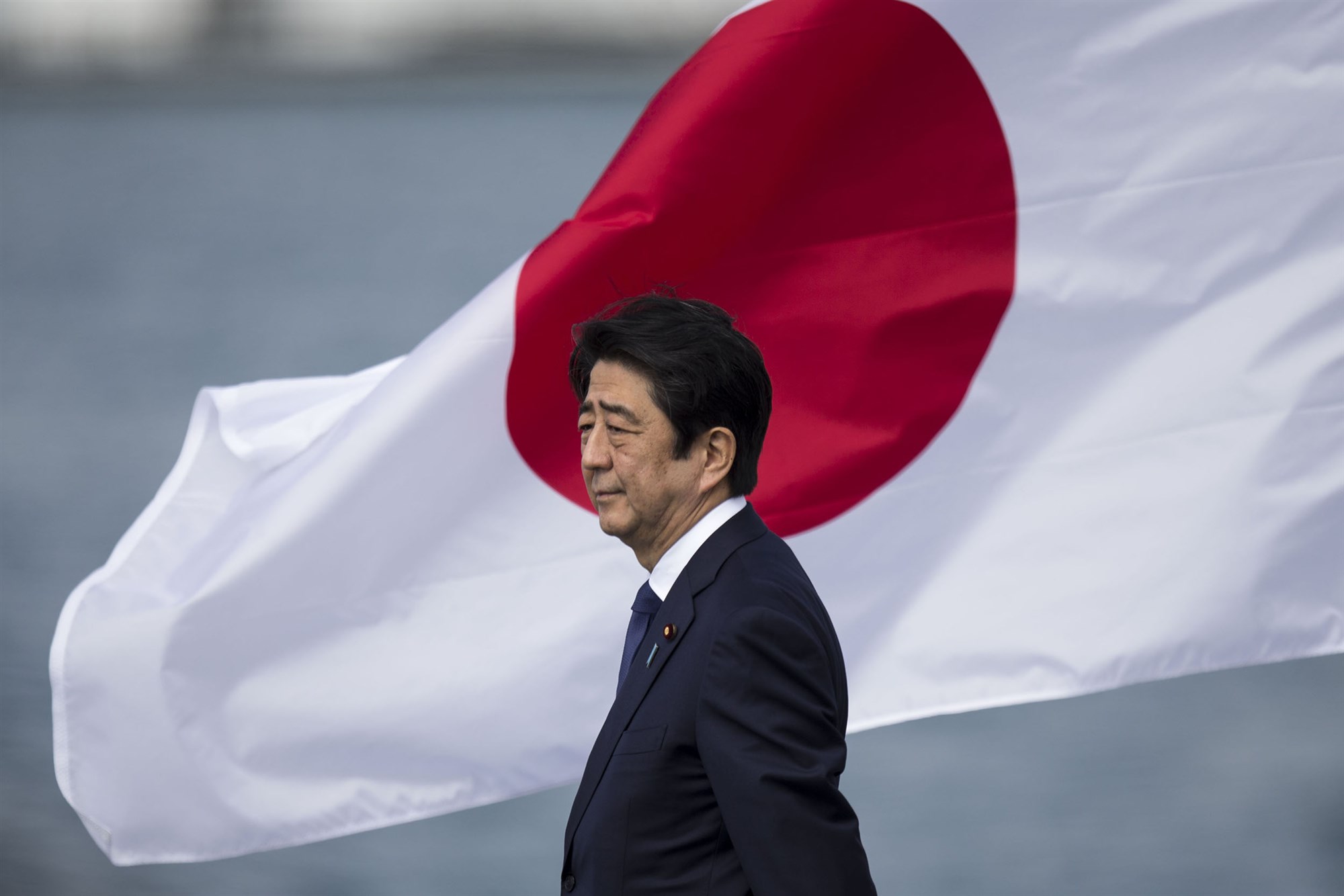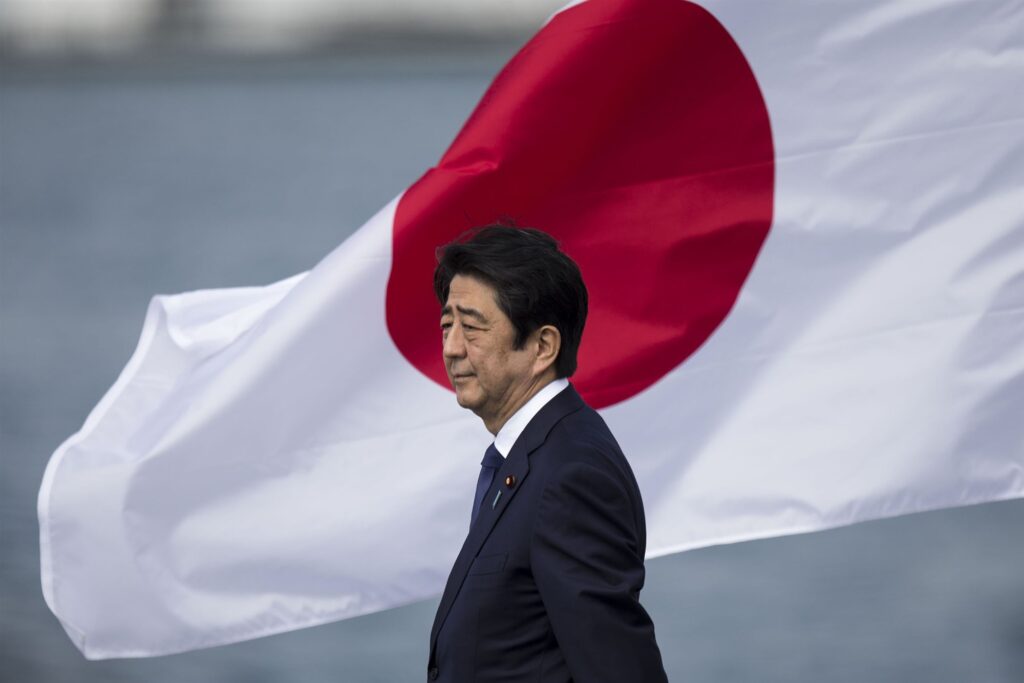Shinzo Abe, Japan’s longest-serving Prime Minister, resigns over health issues


“I cannot be prime minister if I cannot make the best decisions for the people. I have decided to step down from my post,” Shinzo Abe, 65, told a news conference.
Shinzo Abe has battled the disease ulcerative colitis for years and two recent hospital visits within a week had fanned questions on whether he could stay in the job until the end of his term as a ruling party leader, and hence, premier, in September 2021.
In a country once known for its short-tenured prime ministers, the departure marks the end of an unusual era of stability that saw the Japanese leader strike up strong ties with President Donald Trump even as Abe’s ultra-nationalism riled the Koreas and China.
While Shinzo Abe pulled Japan out of recession, the economy has been battered anew by the coronavirus pandemic, and Abe has failed to achieve his cherished goal to formally rewrite the U.S.-drafted pacifist constitution because of poor public support.
Earlier in the day, Hiroshige Seko, a party secretary general for the Upper House of Parliament, confirmed that Abe told party executives he is resigning as prime minister.
As news of the resignation spread, Japan’s benchmark Nikkei average fell 2.12% to 22,717.02, while the broader Topix shed 1.00% to 1,599.70. The selling wiped $4.7 billion off Tokyo’s $5.7 trillion stock market value, which had more than doubled during Abe’s tenure.
The resignation will trigger a leadership race in the ruling Liberal Democratic Party (LDP) – most likely in two or three weeks – and the winner must be formally elected in parliament. The new party leader will hold the post for the rest of Abe’s term.
Whoever wins the party poll is likely to keep Abe’s reflationary “Abenomics” policies as Japan struggles with the impact of the novel coronavirus, but may have trouble emulating the political longevity that may be Abe’s biggest legacy.
He also expressed regret at not fulfilling his core pledges – forcing North Korea to return Japanese citizens abducted decades ago; sorting out a territorial dispute with Russia; and overhauling the constitution to give more power to the military.



